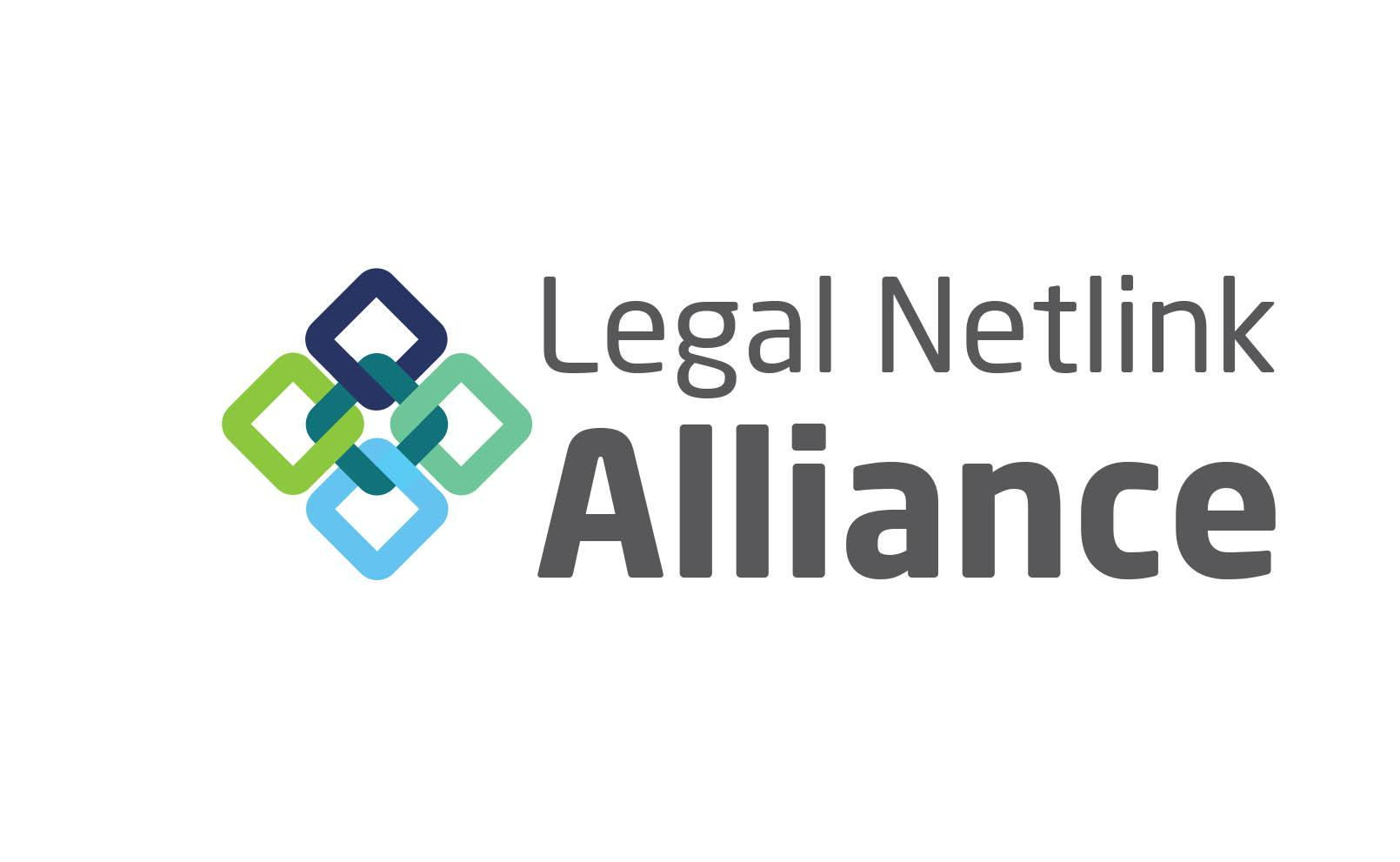 Years ago, it was artificial sweeteners that seemed sure to give us cancer. Eggs, butter and whole milk have at times been on the danger list for promoting all kinds of health risks. Now, it turns out that chocolate may be helpful to your heart and maybe butter is healthier than margarine. Who should we believe? The very people who try to sell you something warn you about the harmful effects of that same product. It seems that everyone is telling us these days that what they are selling can hurt us.
Years ago, it was artificial sweeteners that seemed sure to give us cancer. Eggs, butter and whole milk have at times been on the danger list for promoting all kinds of health risks. Now, it turns out that chocolate may be helpful to your heart and maybe butter is healthier than margarine. Who should we believe? The very people who try to sell you something warn you about the harmful effects of that same product. It seems that everyone is telling us these days that what they are selling can hurt us.
In recent months, the FDA has been talking with drugmakers, medical groups and consumer groups about ways to make the prescription drug ads clearer and drive home the most important safety risks. A few weeks ago, the FDA rolled out “reissued revised draft guidance.” Under the proposed guidelines, drugmakers would still be required to include “black-box warnings” about the most serious risks, but they wouldn’t have to rattle off a laundry list of every possible side effect. In general, the FDA believes that exhaustive lists that include even minor risks distract from, and make it difficult for, consumers to comprehend and retain information about the important risks.
Look, for example, at part of an ad for top-seller Humira. It states that Humira can lower a person’s ability to fight infections, including tuberculosis. Serious, sometimes fatal events — including infections, lymphoma and other types of cancer may occur. After listening to that, do you remember what Humira is supposedly good for?
Why would anyone buy such risk? The answer is that these disclaimers are so commonplace and go into such detail that almost no one pays attention to them. Think about the language added to radio or television ads about mortgage lenders or other credit providers. You have to either listen at warp speed or play the message back repeatedly to understand what the broadcaster is saying as fast as he can. This is so even though federal regulations require that disclosures shall be made clearly and conspicuously.
Under the Uniform Commercial Code, limitations on warranties must be conveyed to a remote purchaser at the time of purchase, but manufacturers maintain their restrictions on warranties apply to a homeowner for products purchased and installed by a contractor who never showed the restrictions to the ultimate buyer.
Whether entering a hospital, which has presented a sick person a waiver to sign, waving a patient rights explanation that goes on for several pages, or buying a car, the law requires that consents and waivers must be knowing and informed. Do you really understand everything you sign? Very few people do, so why do we have all this stuff when the objective of any transaction is to make a deal between a willing buyer and a willing seller? One answer is that it keeps lawyers employed but always remember that:
The choice of a lawyer is an important one and should not be made based solely on advertisements!

